Core is an Epic-funded development platform hoping to be the next Roblox
Manticore Games hopes to bring a new wave of accessibility to game development.
Last year Manticore Games launched Core, a free-to-play platform that acts as both a game creation tool and an online marketplace, letting people create their own games and then sell them. It's an ambitious project and one that received a $15M investment thanks to funding from Epic Games. Now, after a year in open alpha, Core is officially launching on the Epic Games store. From the outset, Core is similar to game creation platforms such as Roblox or PlayStation's Dreams, it's designed to make game creation more accessible for everyone.
"On one hand it's a place for game makers," Manticore CEO Frederic Descamps says. "Creating games, publishing them, sharing them, remixing them, and making money with them very easily. On the other hand, it's also an endless arcade multiverse for the players. People can build, explore games, explore worlds, all sorts of stuff. We literally already have dozens and dozens of genres already on the platform."
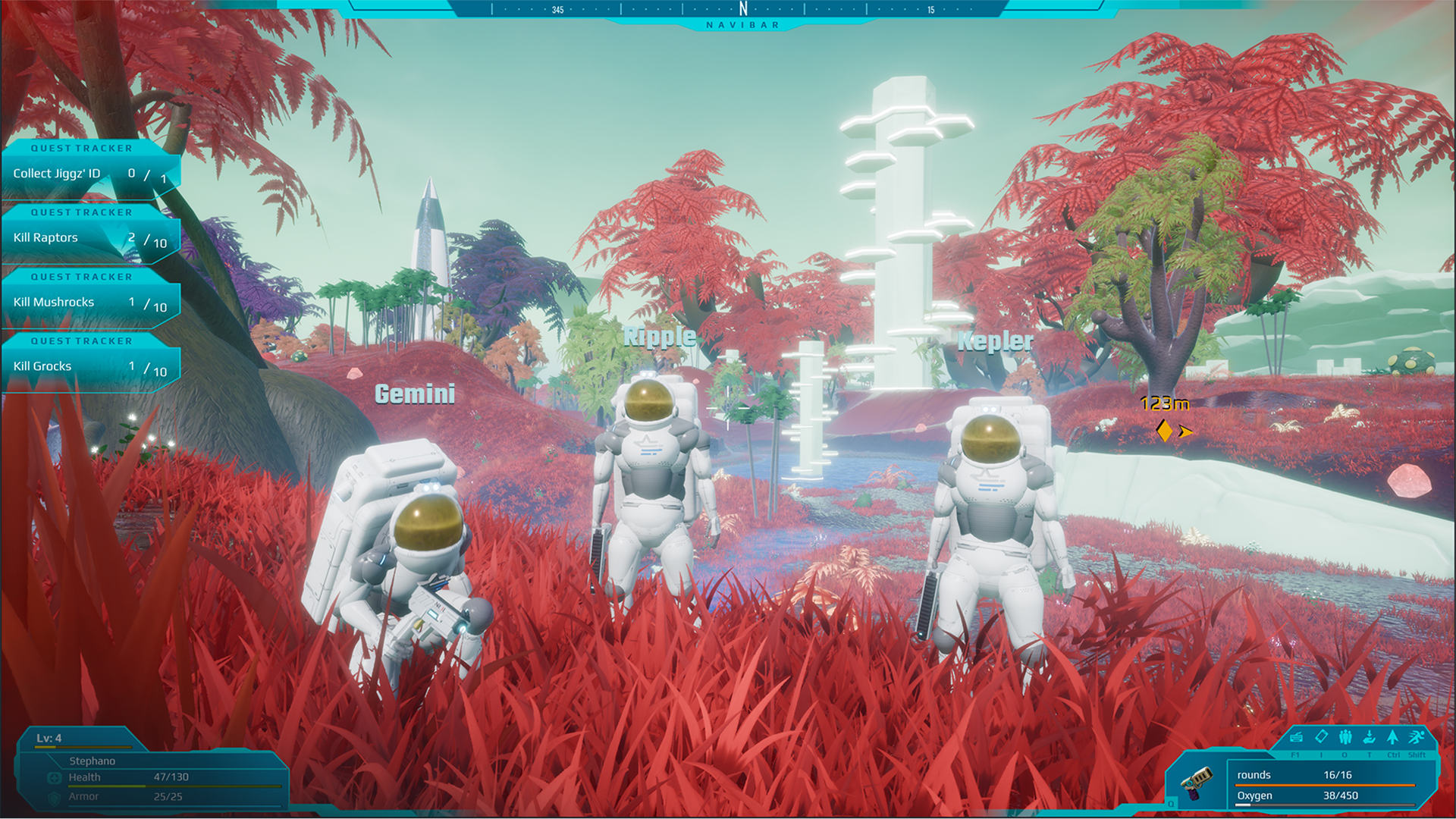
Core essentially has two halves. The first is an online arcade, where you and a group of friends can easily play a variety of community-made multiplayer games. There's a character creator where you can make a unique avatar and a social homeworld hub where you can meet your friends and decide what you'd like to play.
The second half is its PC-based game creation tool that uses Epic's Unreal Engine. This tool is Core's main appeal, and its editor has been designed with speed and ease in mind, and, according to Descamps, it's already attracted all kinds of people with no game development knowledge at all. "We'd go over some of our profiles, and see teenagers, old retirees, moms, people who were just back end game engineers, or people from completely different professions," Descamps says.
Descamps and Chief Creative Officer Jordan Maynard take me through some of the community-created games that are on the platform. Each time they wanted me to jump into a game, they would post a link in the call, and through the Core client, I could join their game in just one click. Hopping in and out of different games is pretty effortless, and according to Descamps, Core currently has about 20,000 games on the platform now that cover a huge range of genres including RPGs, shooters, platformers, puzzle games, and everything in between.
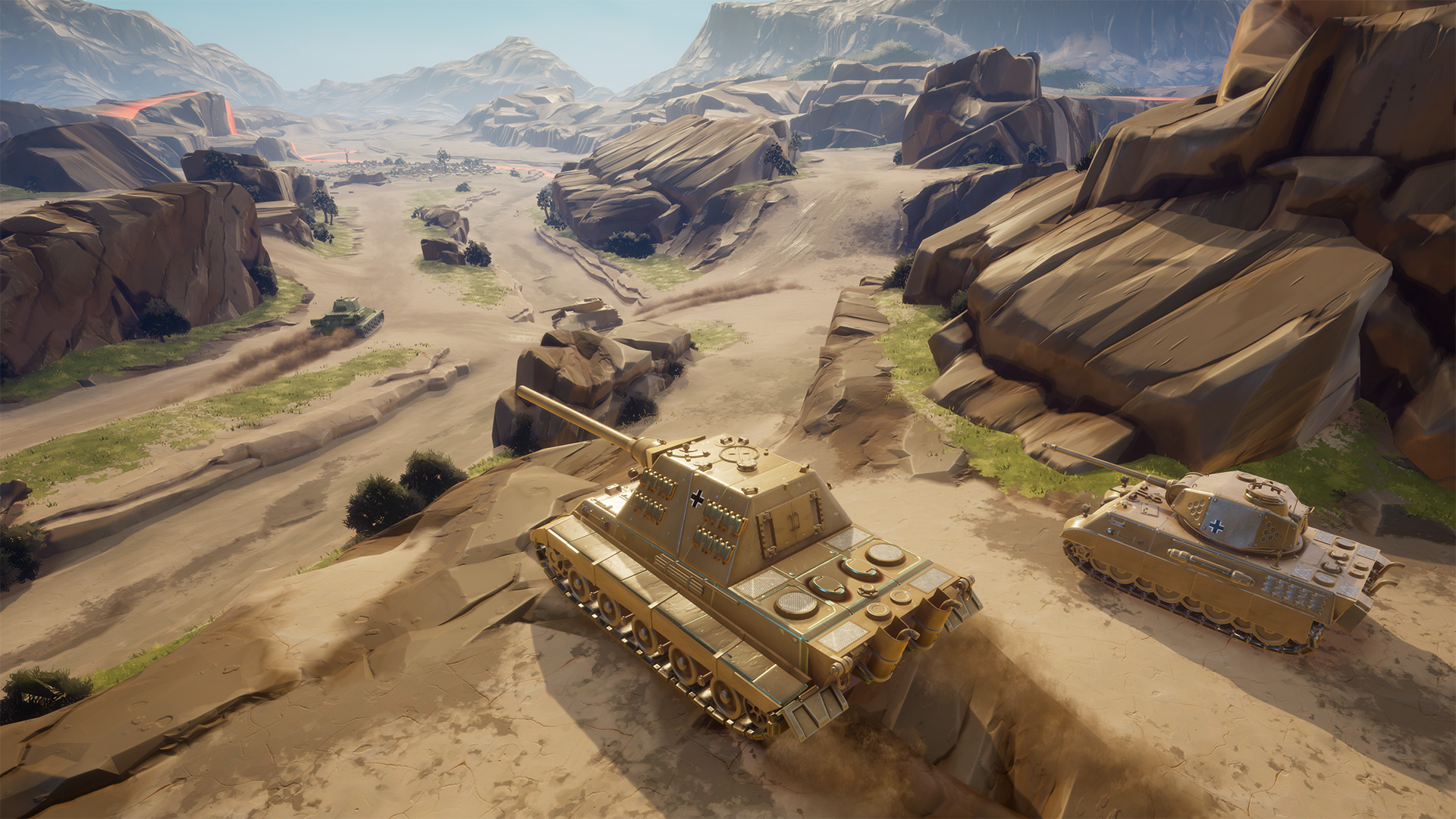
All of these community games have been made by individuals or small teams of people, and Maynard highlights a MOBA that was made by two people. "This was done for one of our game jams which ran for a month." Maynard says." So, two people within a month made a fully functional MOBA. There are weapons, upgrades, teams, and it looks gorgeous. "
Creators don't need any prior programming experience, and creating a game in Core's editor can be as easy as dragging and dropping assets from a drop-down menu. Maynard demonstrates this by quickly creating a level of a multiplayer shooter. It only took a couple of minutes of typing items into the editor search bar and dragging them into the level. He chooses the terrain, then places a handful of buildings into the scene.The terrain editing is all voxel-based, meaning you can carve away at the landscape, making tunnels and caves.
Keep up to date with the most important stories and the best deals, as picked by the PC Gamer team.
After Maynard is done with the level, he hits the publish button to upload it to Core's server, and within a minute the team and I are playing the level. Manticore is keen to emphasize how quick building, uploading, and jumping into a game is. "The traditional game development pipeline, it's very tough," Descamps says. "It's very clunky, it's rigid, it's codified, and it can take dozens and dozens of specialists to make a game. The speed at which you can make games in Core is extremely fast, the ease of creation and speed is extremely high. It's a completely different paradigm of what the gaming industry is used to."
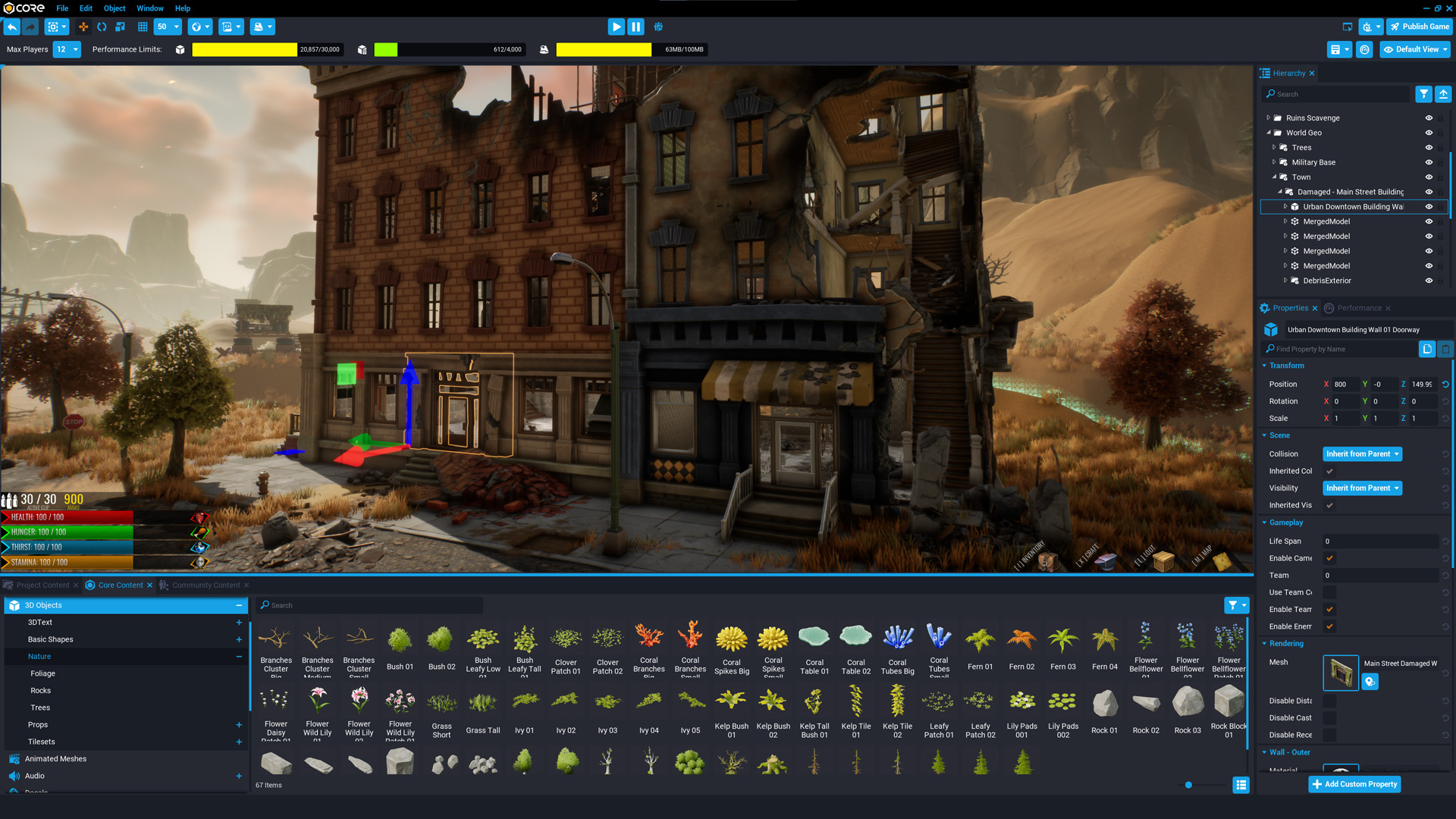
With this in mind, the team sincerely wants Core to bring in a new generation of creators into game development. Descamps emphasizes that the team has bold ambitions for the platform, not only having it be a place where creators can express their creativity through games but also as a platform where players can earn money.
With Core it's absolutely one of our missions is to bring a new generation of creators to the gaming world
Manticore CEO, Frederic Descamps
"With Core it's absolutely one of our missions is to bring a new generation of creators to the gaming world," Descamps says. "And that means, as a creator, you should be able to monetise the way you want. In Core, you can monetise however you like, whether it's a tip jar, donations, a subscription, a VIP club with membership, consumables—it's all available."
Once you create something in Core, you can choose to release it for free, letting the community play and mess around with it, or you can settle on a monetisation option. Although creators cannot yet sell their games at full price, Descamps explains that Manticore is looking into how they can implement that system and even a system where you can contract people for work. "So basically you could say, 'Hey, I'm looking for someone who's super good at making this type of game or this type of environment.' The person could make them themselves, but this way they could hire someone in the community to do it."
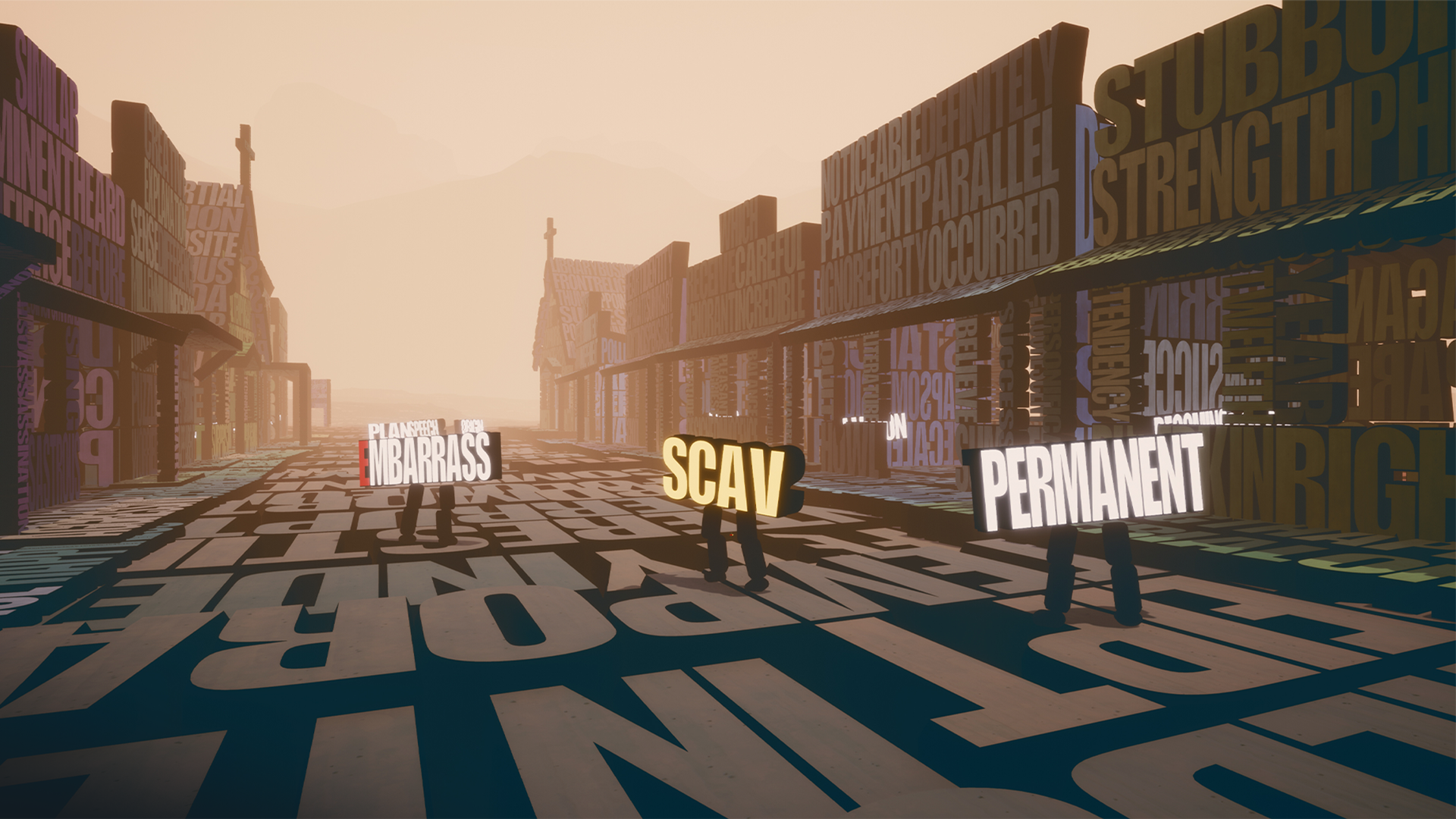
It's not entirely clear how everything will work but, as with any platform that's based on both community sharing and creator monetisation, there's always a concern about who owns what. With Core, creators will retain rights to any original IP and Manticore will retain the rights of all the assets—sound files, graphics files, and the like. Regarding the cut Manticore takes, the number currently sits at a 50 percent revenue share with its creators.
"It's the highest by a large margin of any other platform out there," Descamps says. "It's higher than, for instance, Roblox. In Roblox, if you're a top creator at the very max, they share 24.5 percent with you, we share 50 percent."
With a revenue split that big, I ask Descamps what they would think if anyone decided to leave the platform, taking the success they've found in Core to pursue their idea solo. Maynard says that it all comes back to the accessibility and agency Core gives players. They have the tools to create games, the audience to play them, and the ability to make money doing it. And this is without needing to worry about running servers or hiring whole teams.
"I don't think it would be the best choice to leave, because then you're having to create everything from scratch," Descamps says. "If it took you let's say two weeks to make a quality game. In the real world, if you're on your own or have a team, it's gonna take you like several months. I would say probably six months. So, why would you leave right?" Maynard adds, "I feel like it's our job to basically make it more enticing and better for them to stay on the platform than to go off."
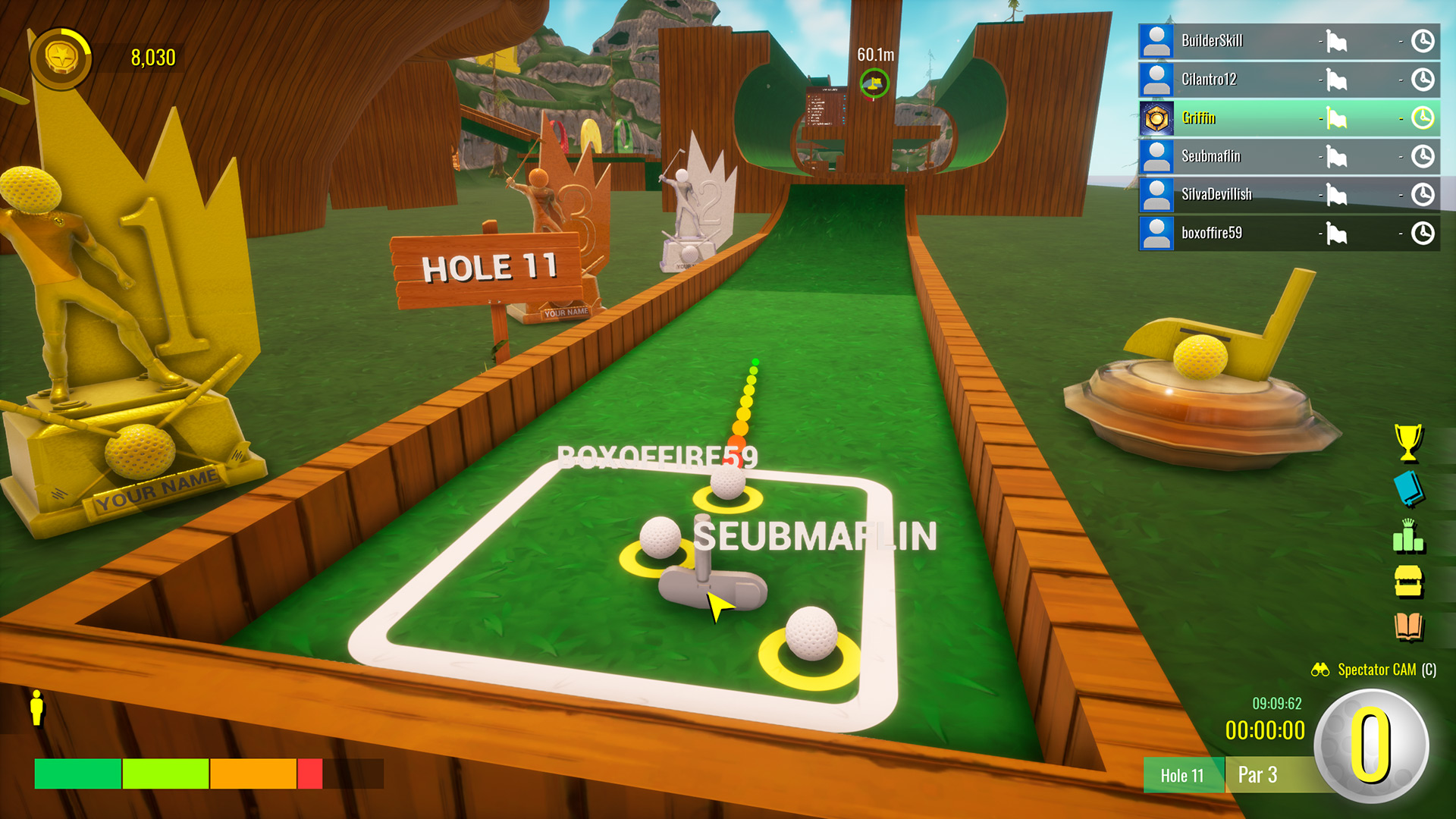
Manticore certainly has bold ambitions for Core, and it has already seen game studios and solo devs emerge from its community. Maynard says that Core gets around 200 new or updated games every day and that the team hopes to keep nourishing the talent that does pop up in its community. It's hard to say if Core will open up the game development scene as much as the team wants it to. The 50/50 revenue split may end up being divisive, but it certainly succeeds at creating an accessible game creator that's easy to use.
Rachel had been bouncing around different gaming websites as a freelancer and staff writer for three years before settling at PC Gamer back in 2019. She mainly writes reviews, previews, and features, but on rare occasions will switch it up with news and guides. When she's not taking hundreds of screenshots of the latest indie darling, you can find her nurturing her parsnip empire in Stardew Valley and planning an axolotl uprising in Minecraft. She loves 'stop and smell the roses' games—her proudest gaming moment being the one time she kept her virtual potted plants alive for over a year.


